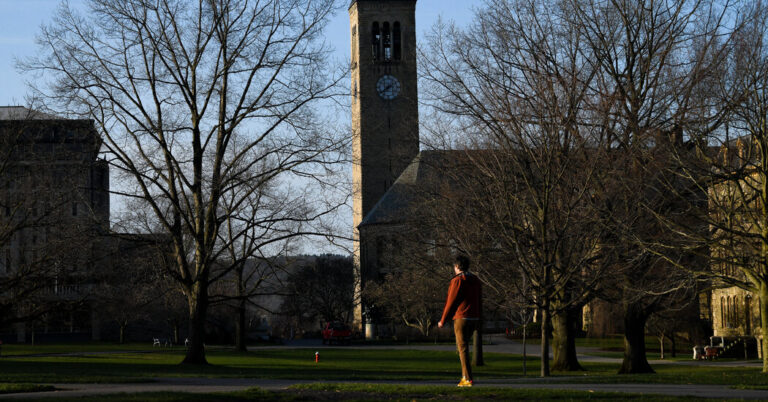“Finding a president is a very complicated process, because everyone in the college district cares about this selection, and it’s important for everyone to get it right,” said John Isaacson, president of Isaacson, Miller , a company that has contributed to a lot of research. the best schools. “It’s a process that takes time.”
UCLA and Yale did not respond to inquiries about their presidential searches.
Some potential presidents are as wary as the schools. Dr. Dirks, a former chancellor of UC Berkeley, said he heard about shrinking applicant pools as presidential candidates pondered the pitfalls of jobs, despite mansion-like residence halls and salaries up to seven figures.
“It doesn’t have quite the appeal that it once had,” said Dr. DiSalvo, president of Endicott College, who runs a training program for aspiring presidents.
A persistent challenge is that presidents must contend with a large number of stakeholders—students, parents, faculty members, other university employees, officials, donors, alumni, sponsors of athletic programs—with competing interests.
“The position becomes one where it doesn’t make a difference what you do, someone is going to come after you,” said Michael M. Crow, president of Arizona State University. (“Damn, your alumni, if they don’t like something that’s going on, especially in athletics, they’re in it,” Richard B. Myers, former chairman of the Joint Chiefs of Staff who later served as president of Kansas State University, said with a chuckle.)


